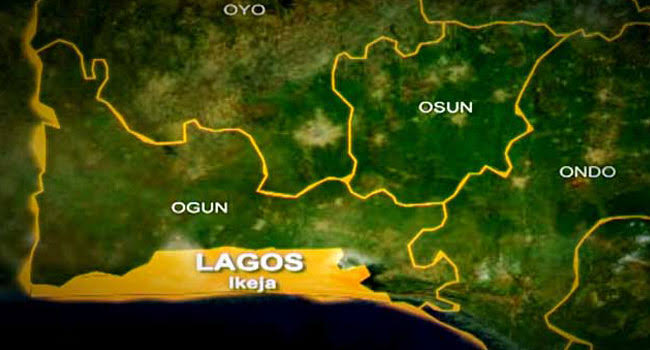By: Yusuf Babalola.
I have said it before, and I will say it again: if an uprising similar to those witnessed during the Arab Spring ever erupts in Nigeria, its epicentre will likely be Lagos.
The reason is not far-fetched. In Lagos, the conduct of many uniformed security and traffic enforcement officials has become increasingly overzealous, high-handed, and exploitative. Instead of protecting and serving the people, they often treat motorists like subjects to be subdued, extorting them at will and humiliating them in public.
But what these officials seem to have forgotten is that Nigerians of today are not the same as those before the COVID-19 era. Then, though tough, the economy was still somewhat bearable. Inflation, foreign exchange rates, and the cost of living were not as crushing as they are now. Today, Nigerians are stretched to their limits, struggling to survive in a climate of economic suffocation. This reality has put everyone on edge, and the actions of state agents now cut much deeper.
Despite these harsh realities, uniformed officers continue to act with impunity. Their arrests are often carried out in a Gestapo-like fashion — abrupt, forceful, and humiliating — reducing ordinary citizens to prey on the streets. Such encounters not only dehumanise the people but also erode trust in state authority.
The government of Lagos State must recognise the dangers in this pattern. The repeated excesses of its traffic enforcement officials — from LASTMA to the Vehicle Inspection Officers (VIOs) and the task force — are pushing Lagosians to a breaking point. A society can only absorb so much injustice before it snaps.
A chilling example came in November 2024, when a frustrated commercial bus driver set himself, his bus, and a LASTMA official ablaze. To this day, the true motive remains unclear, and the fate of the driver is unknown. But what was evident is that this was an act of utter desperation — a man pushed so far by a system that he was willing to burn everything, including himself, to make a statement. The collateral damage could have been far greater had the officials not fled the scene. That incident was a warning flare, yet the lessons appear lost on those in power.
Earlier this week, another disturbing confrontation erupted involving VIO officers at Mile 2, a hotspot of repeated clashes between motorists and enforcement agents. Lagosians had once believed that reforms introduced under former Governor Akinwunmi Ambode — especially the push towards technology-driven enforcement — would end the crude practices of the past. Sadly, these hopes have been dashed. The officers have reverted to old patterns of harassment, heavy-handedness, and outright intimidation, fueling tension on the roads.
To be clear, commercial bus drivers are not blameless. They are notorious for reckless driving, traffic violations, and indiscipline. But the solution cannot be unrestrained force or archaic methods of control. Lagos deserves modern, technology-driven traffic management systems that reduce human interference and minimise opportunities for extortion. Automated ticketing, traffic cameras, and digital enforcement would not only improve compliance but also eliminate the frequent flashpoints that human confrontation creates.
What Lagos does not need is a cycle of provocation, retaliation, and chaos between desperate citizens and uniformed officials. The state must learn from the two major incidents of Mile 2 and the November 2024 tragedy. These are not isolated episodes but warnings of a much larger danger: the erosion of public patience.
Governance must wear a human face, especially in times like these when citizens are battered daily by inflation, unemployment, and insecurity. Uniformed officers should be trained not just in enforcement but also in empathy, restraint, and public service.
If Lagos ignores these warning signs and continues on the path of high-handedness, it risks lighting a fire that no one will be able to control. Uniforms should symbolise service, not oppression. The government must act now — urgently, decisively, and compassionately — before its own agents push the people into open revolt.
Yusuf Babalola, a journalist writes from Lagos. babalolayusufabiola@gmail.com
| 08117067043

